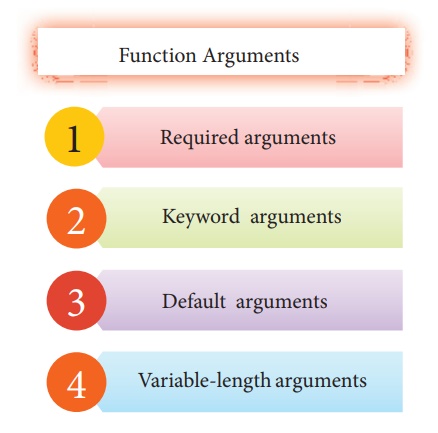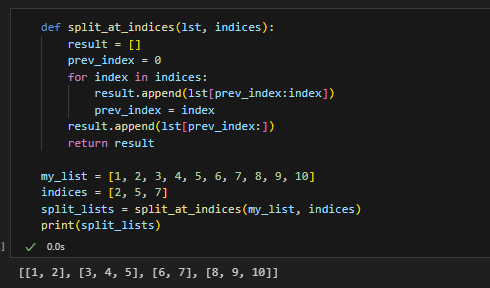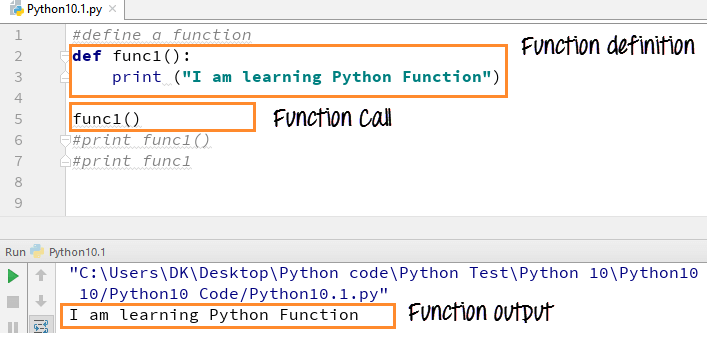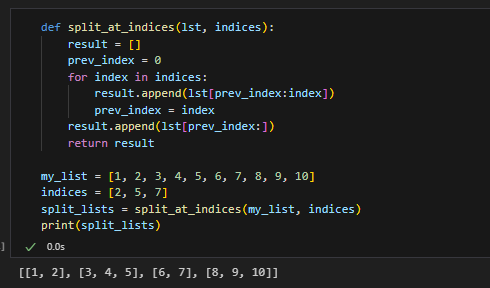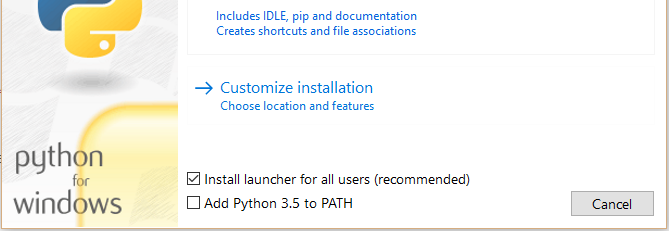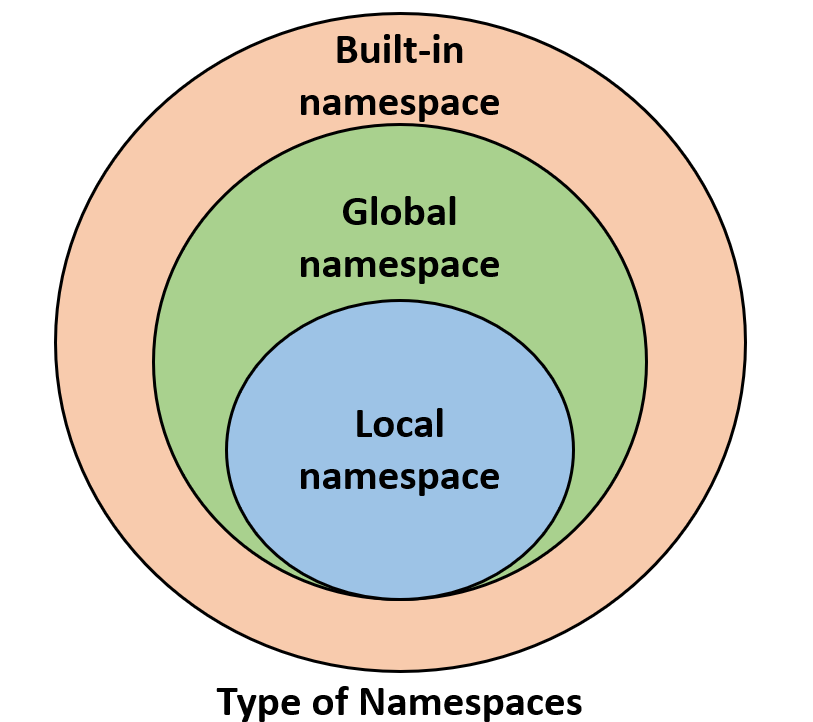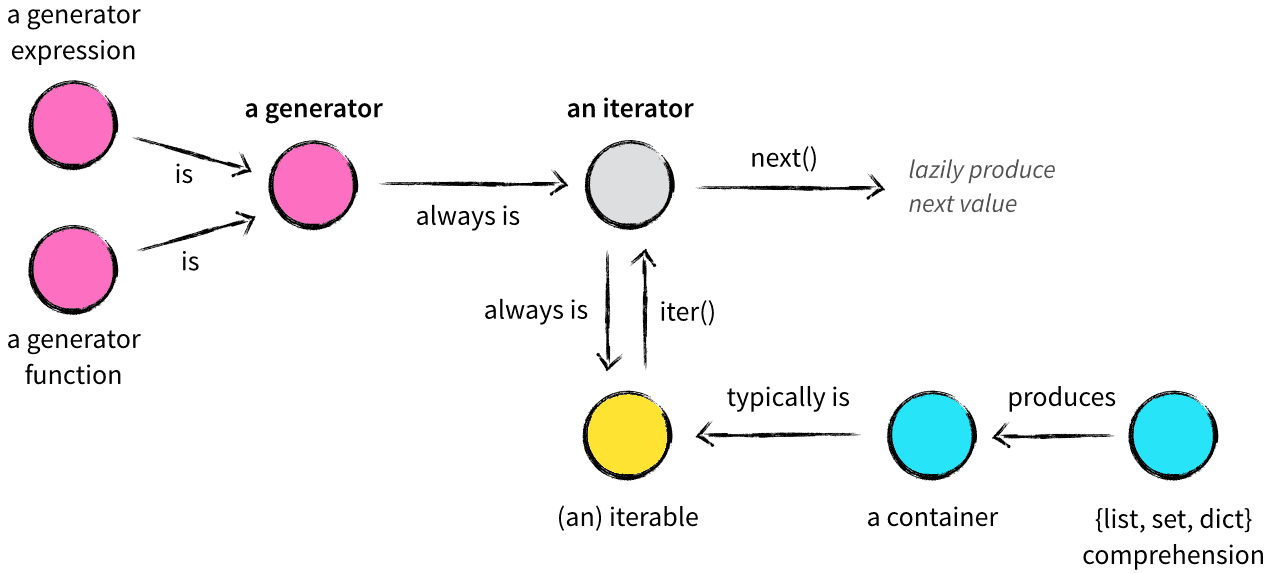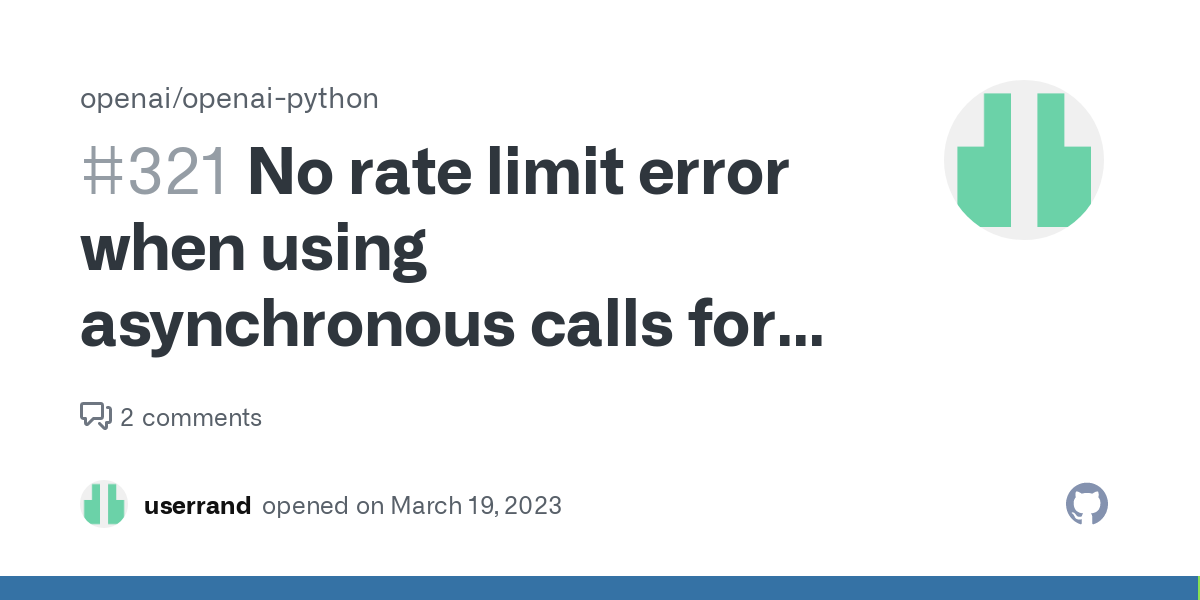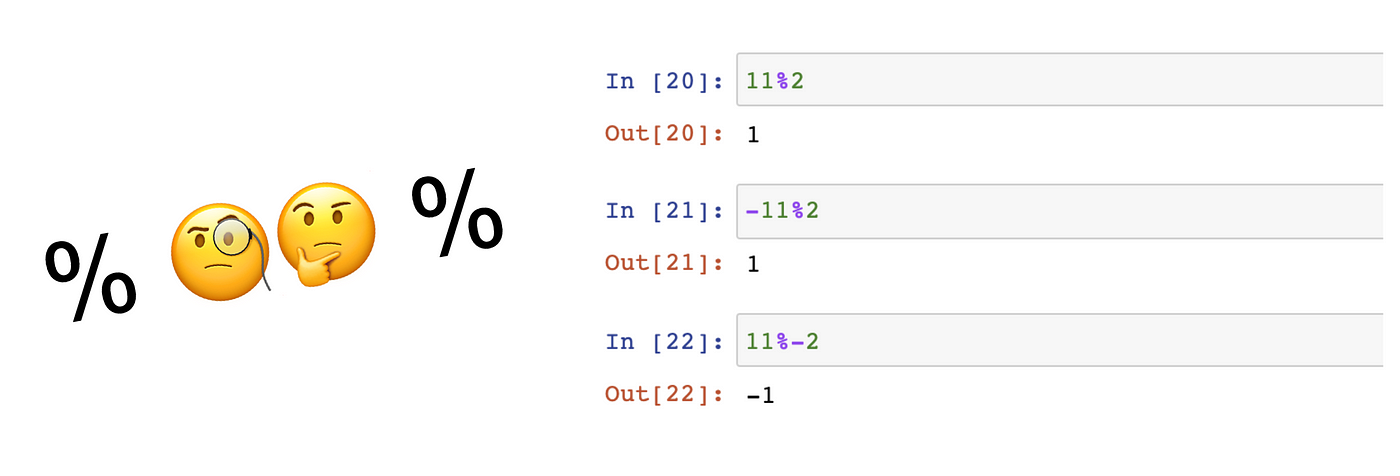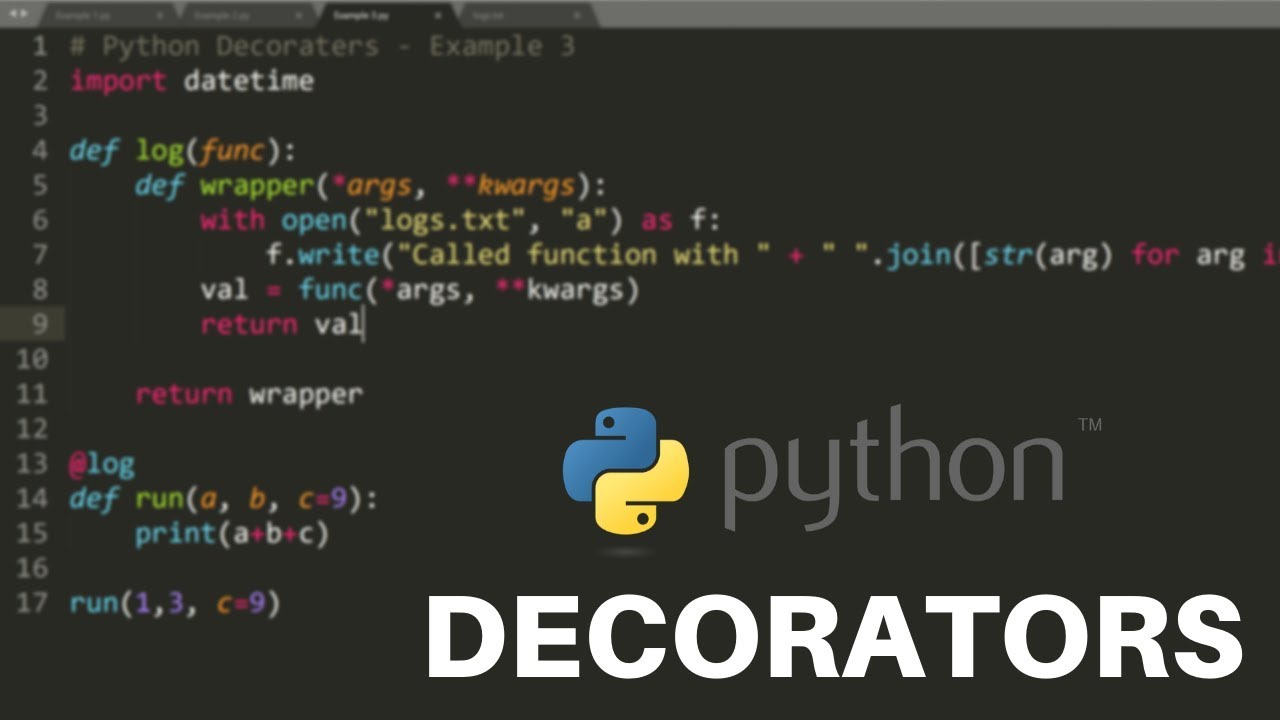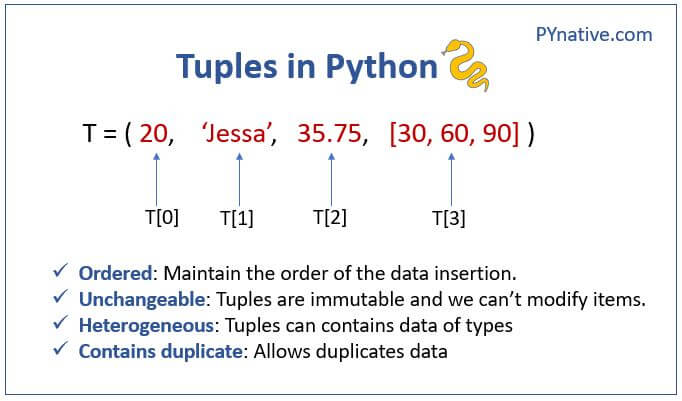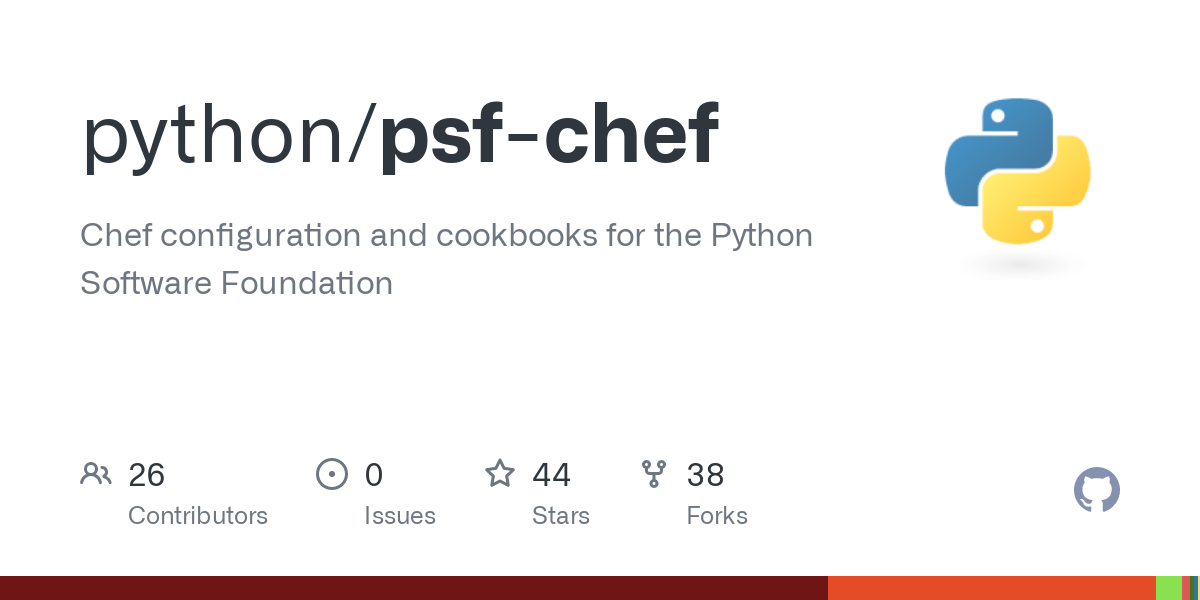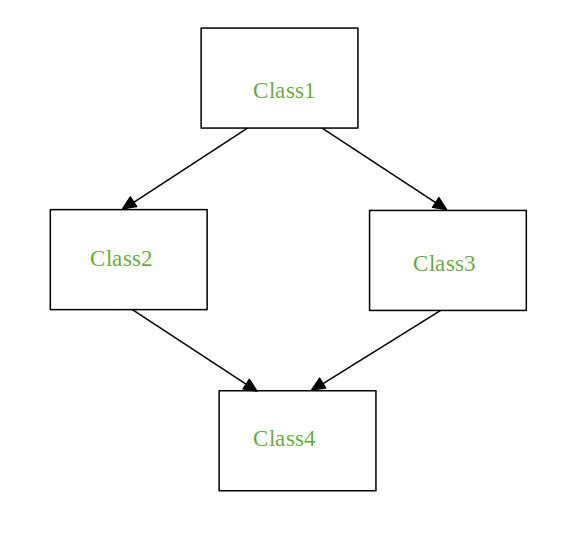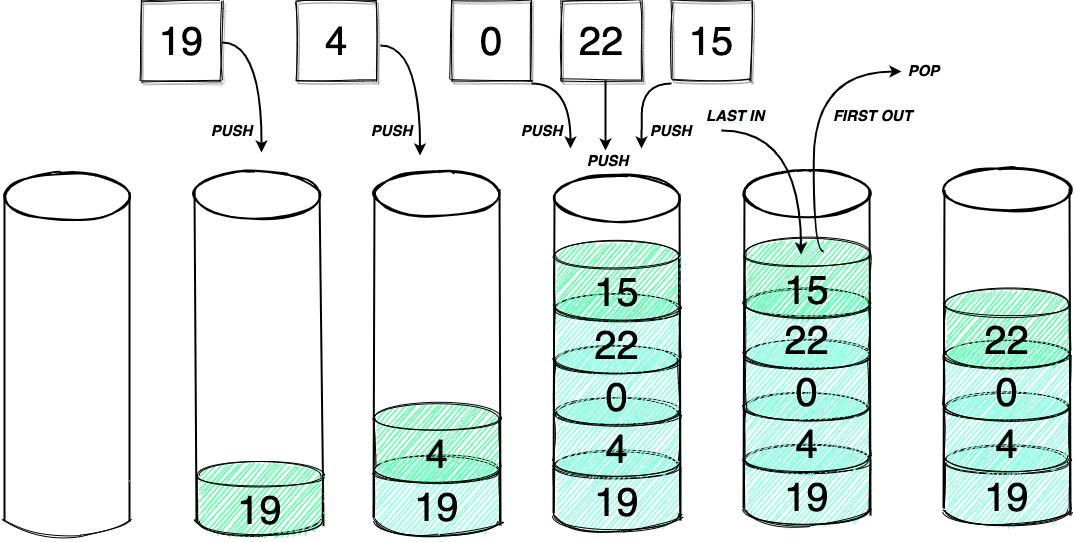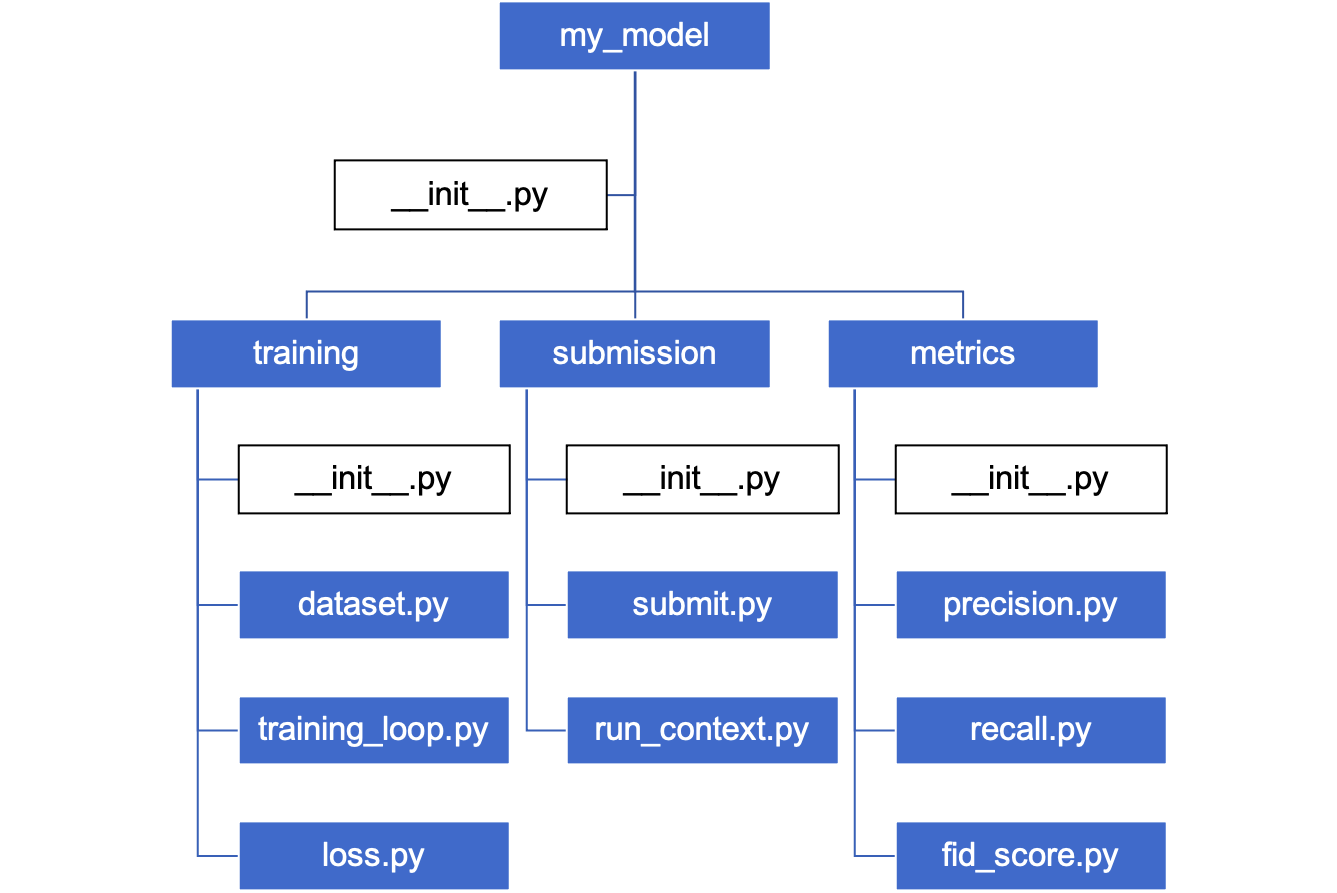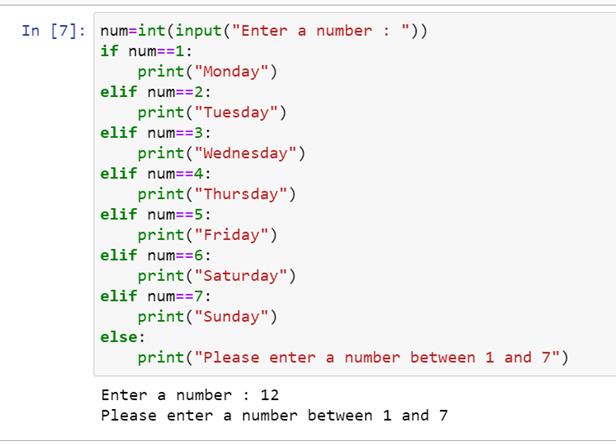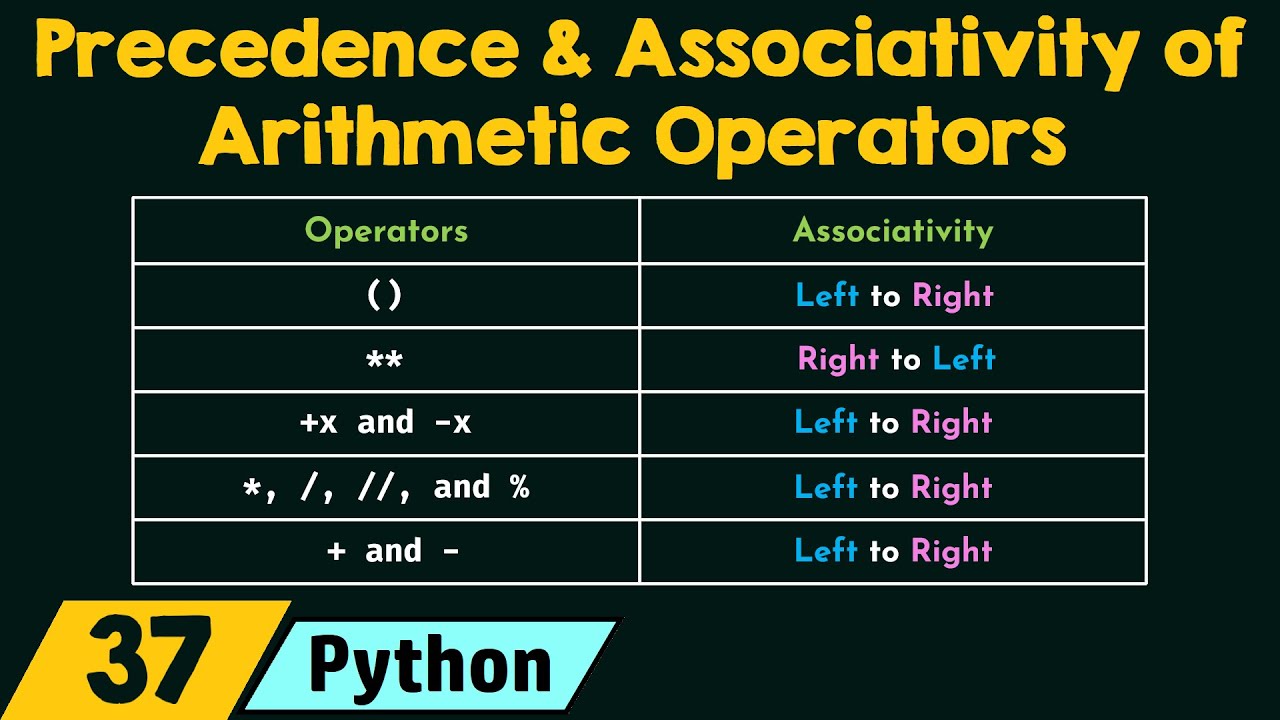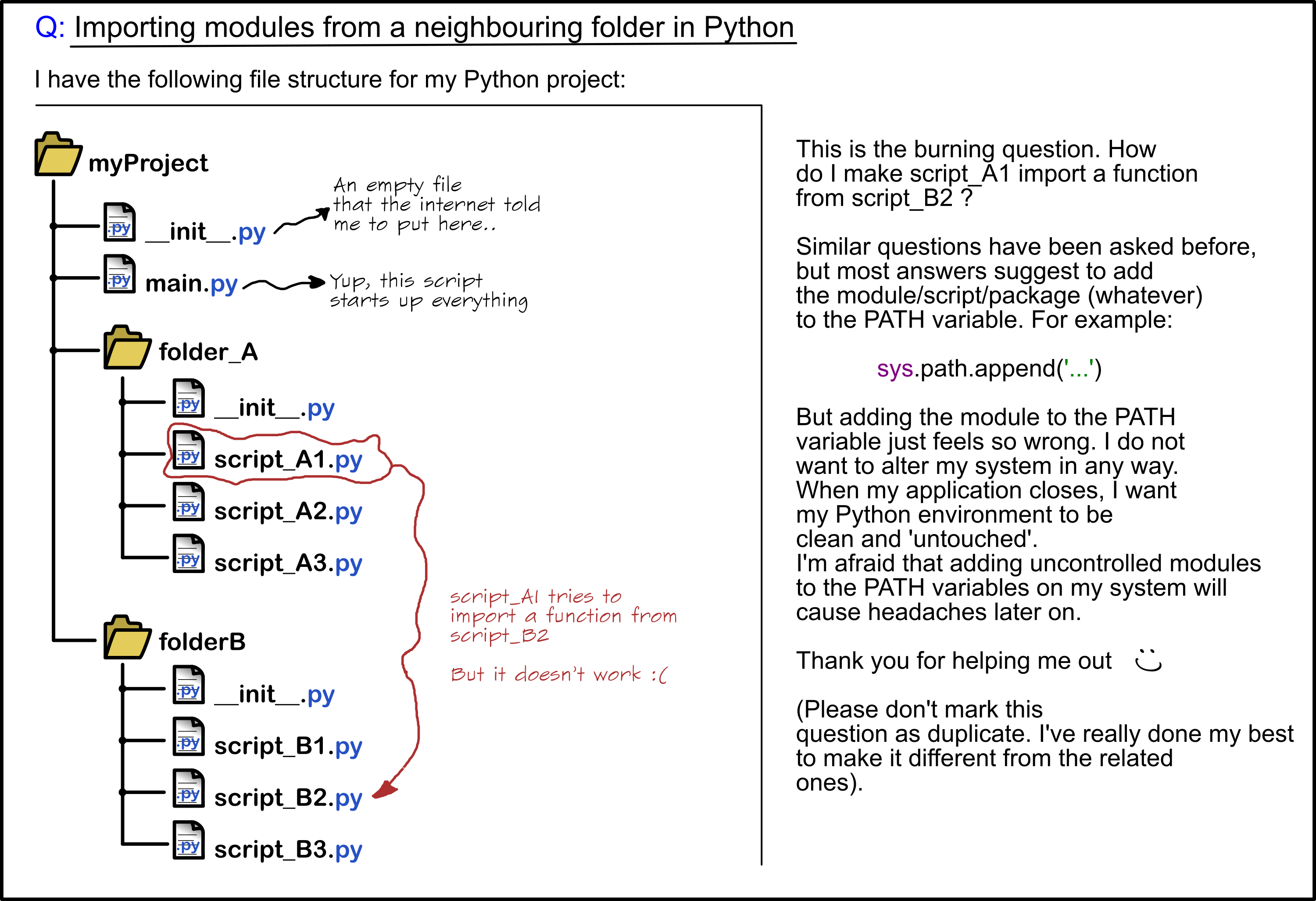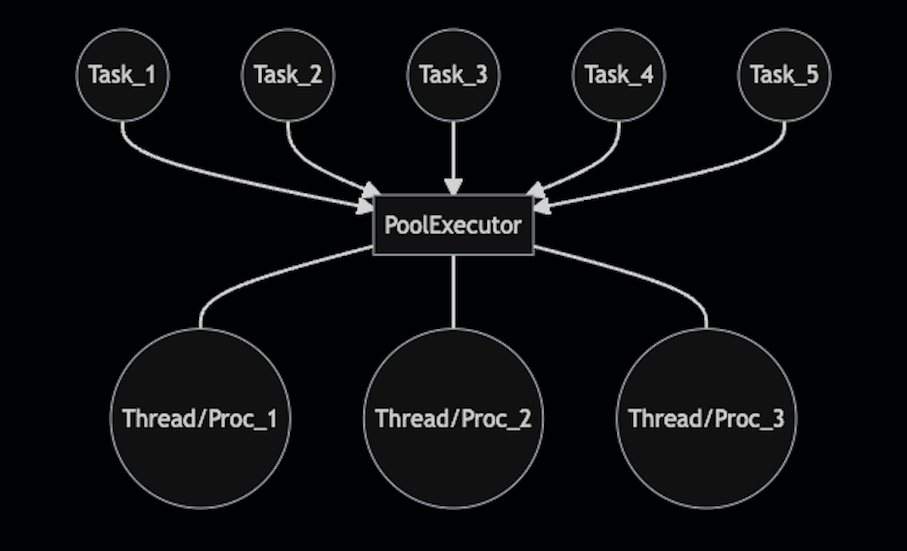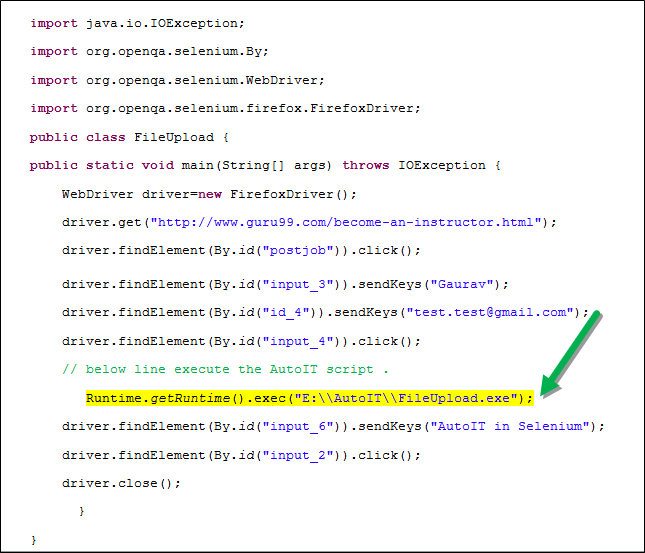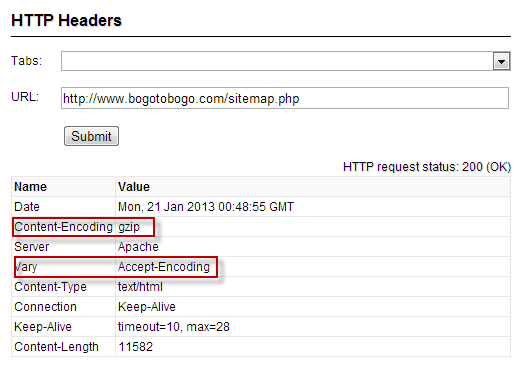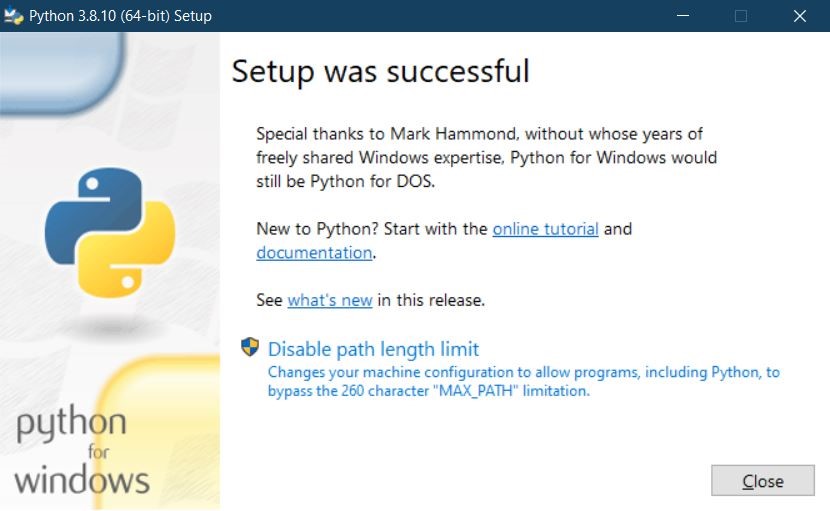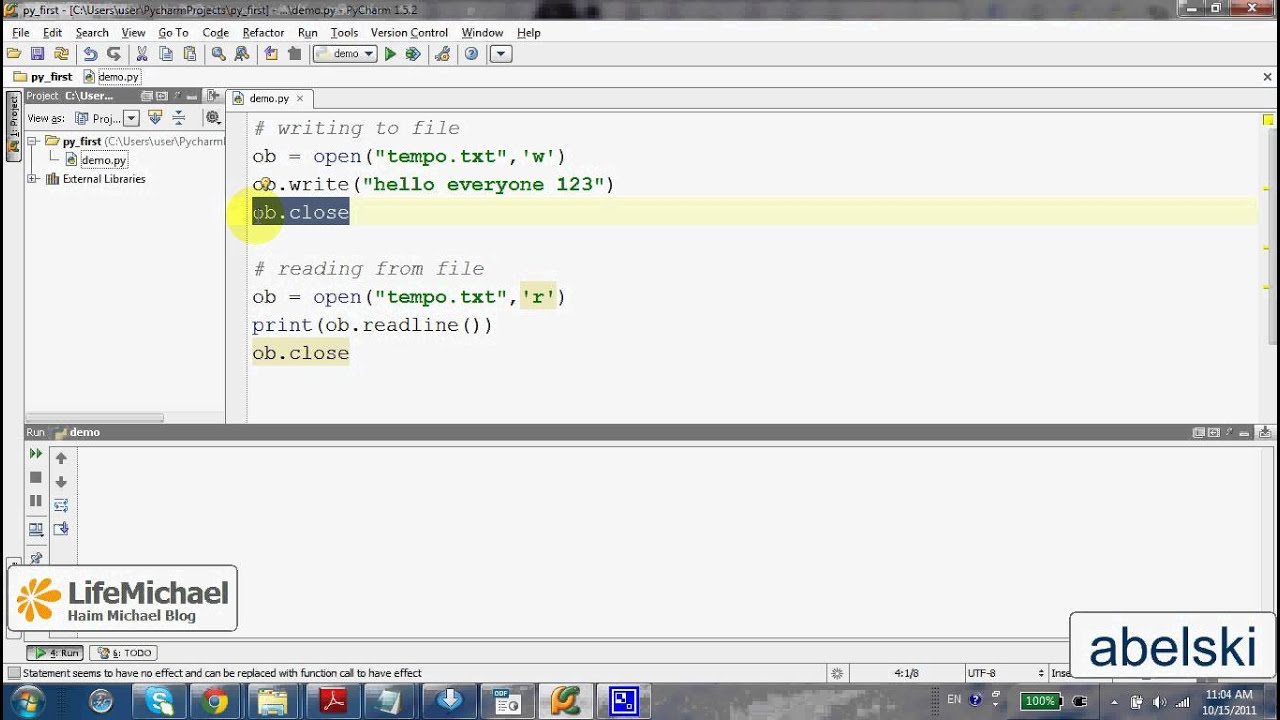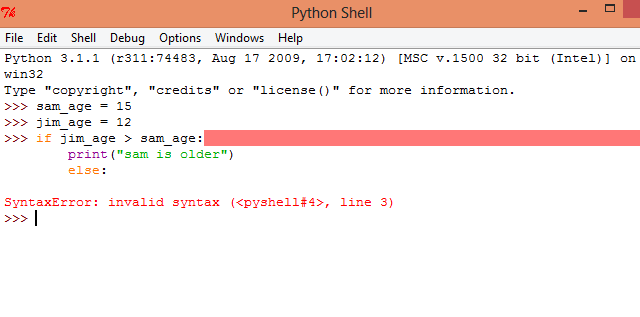What is the Python script for scheduling jobs?
What is the Python script for scheduling jobs?
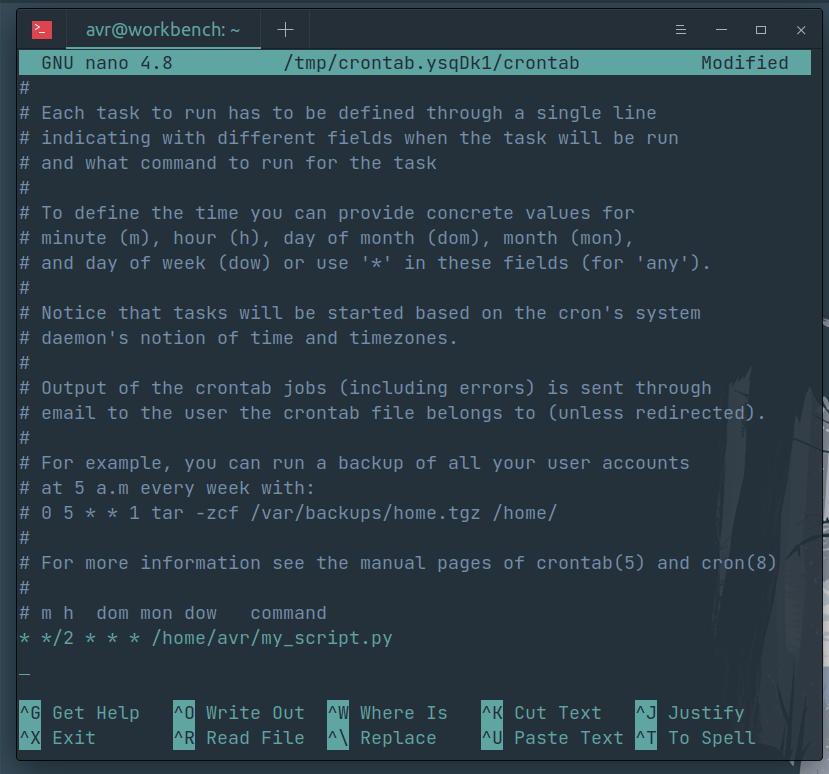
The Python script for scheduling jobs!
There are several Python libraries that can help you schedule jobs, including:
APScheduler: A job scheduler written in pure Python. It supports cron-like syntax and has a simple API. Schedule: Another popular job scheduler library for Python. It supports various trigger types (e.g., time-based, interval-based).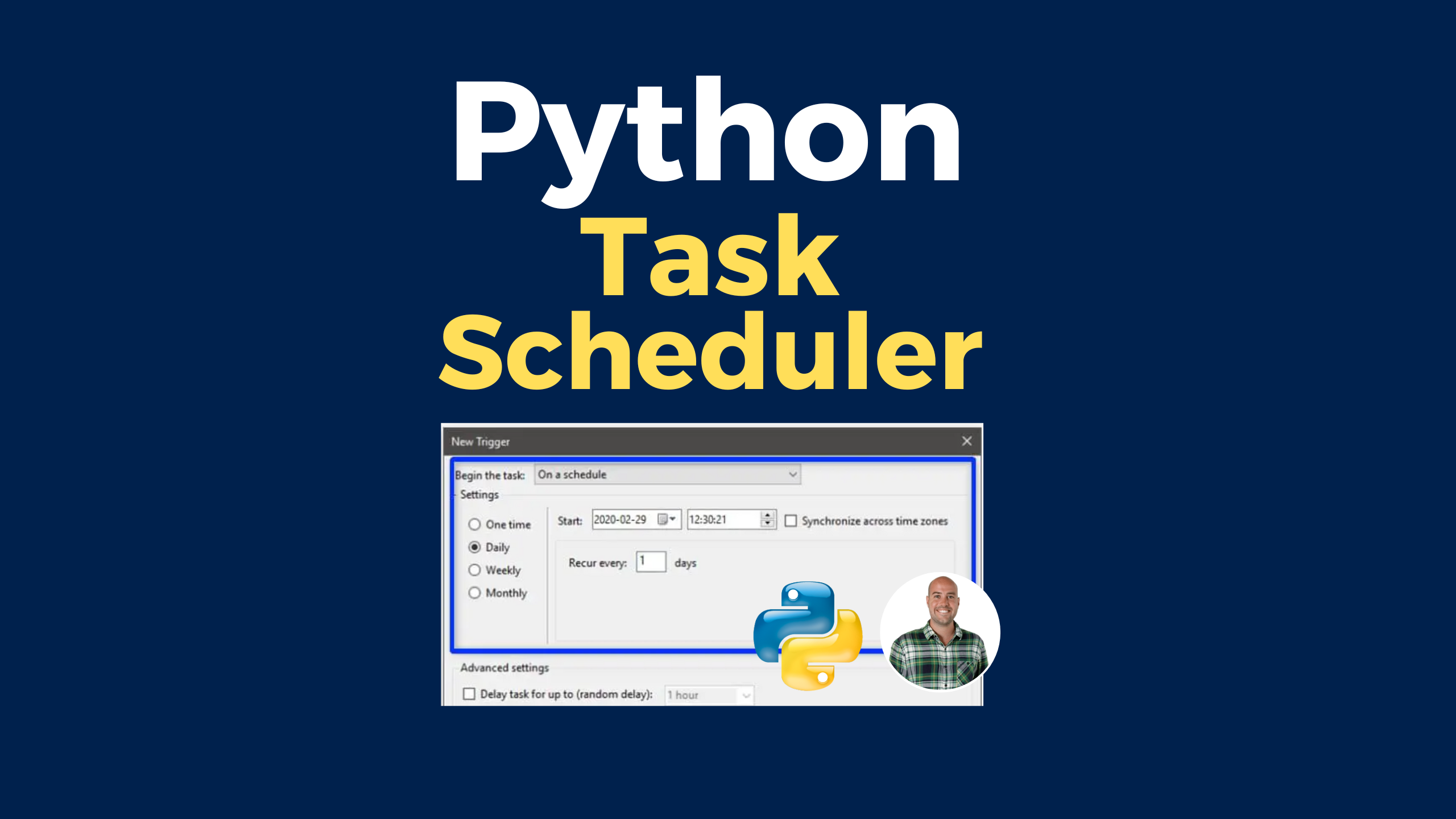
Let's take APScheduler as an example. Here's a basic script:
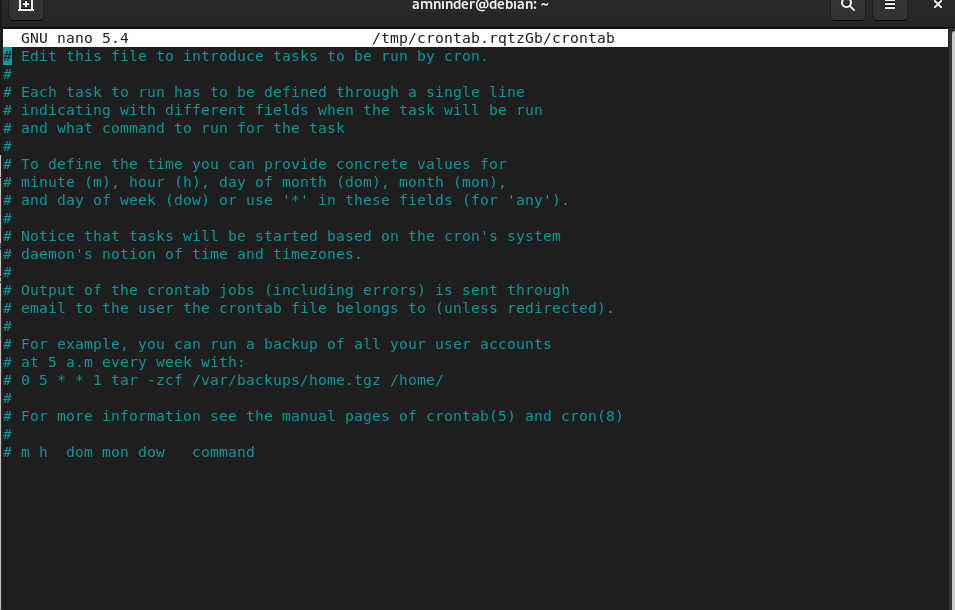
import datetimefrom apscheduler.schedulers.blocking import BlockingScheduler
def job1():
print("Job 1 executed at", datetime.datetime.now())
def job2():
print("Job 2 executed at", datetime.datetime.now())
Create the schedulerscheduler = BlockingScheduler()
Schedule jobsscheduler.add_job(job1, 'interval', seconds=30) # Run every 30 seconds
scheduler.add_job(job2, 'cron', day='*', hour=12, minute=0) # Run at 12:00 PM every day
Start the schedulerscheduler.start()
In this example:
We import APScheduler and define two sample jobs (job1 and job2). We create an instance of the BlockingScheduler. We schedule jobs using the add_job() method. The first argument is the function to call, and the second argument is a trigger (in this case, interval-based or cron-like). You can specify various options, such as the frequency of execution. Finally, we start the scheduler with the start() method.
Other libraries, like Schedule, also provide similar APIs for scheduling jobs. For example:
import scheduledef job1():
print("Job 1 executed at", datetime.datetime.now())
schedule.every(30).seconds.do(job1) # Run every 30 seconds
while True:
schedule.run_pending()
time.sleep(1)
In this example, we use the schedule library to define a job that runs every 30 seconds. The main loop runs the pending jobs using run_pending().
When choosing a scheduling library for Python, consider factors like:
Your specific scheduling needs (e.g., cron-like triggers, interval-based execution). The complexity of your jobs and their dependencies. The performance and reliability requirements for your scheduled tasks.For more advanced use cases or large-scale job scheduling, you may want to explore other libraries or consider using a dedicated job scheduler like Quartz or Jenkins.
python job scheduler
I'll respond in English as you requested.
Python Job Scheduler
A job scheduler is a system that manages and runs tasks, also known as jobs, on a computer or network. There are many job schedulers available, but Python provides some excellent options for scheduling jobs within your applications. Here are a few popular ones:
APScheduler: APScheduler (Asynchronous Processing Scheduler) is an open-source project designed to make it easy to schedule tasks asynchronously in your application. It supports various trigger types (e.g., cron-style, interval-based, or specific dates) and allows you to execute functions or scripts. You can use it for background processing, sending emails, or even running system commands.APScheduler provides a lot of flexibility with regards to scheduling jobs, including:
Support for both synchronous and asynchronous execution Various trigger types (e.g., cron-style, interval-based, or specific dates) Execution of functions or scripts Support for executing system commandsYou can install APScheduler using pip: pip install apscheduler
The Schedule module is useful for:
Scheduling tasks at specific times or dates Running functions or scripts on intervals (e.g., every 10 minutes) Executing system commandsYou can install Schedule using pip: pip install schedule
Celery provides features like:
Distributed task queue Support for multiple brokers (e.g., RabbitMQ, Redis) Execution of functions or scripts Support for executing system commandsYou can install Celery using pip: pip install celery
Joblib is useful for:
Scheduling tasks and running them asynchronously Support for parallel processing using multiple processes or threadsYou can install Joblib using pip: pip install joblib
When choosing a Python job scheduler, consider factors like the type of jobs you need to schedule, the complexity of your application, and any specific requirements (e.g., distributed computing, system commands). Each scheduler has its strengths and weaknesses, so it's essential to evaluate them carefully before making a decision.
Additional Tips
Always ensure that your job scheduler is properly configured and secured. Use a logging mechanism to track job execution and potential errors. Consider using a distributed queue or broker for scalability and fault tolerance.These are just a few of the many Python job schedulers available. By evaluating their features, performance, and use cases, you can choose the best one for your project.
